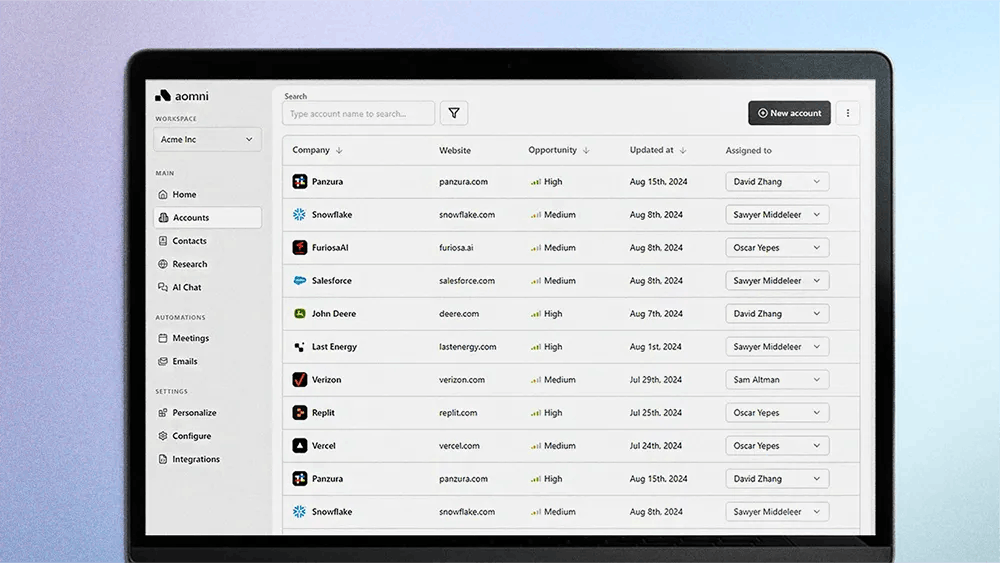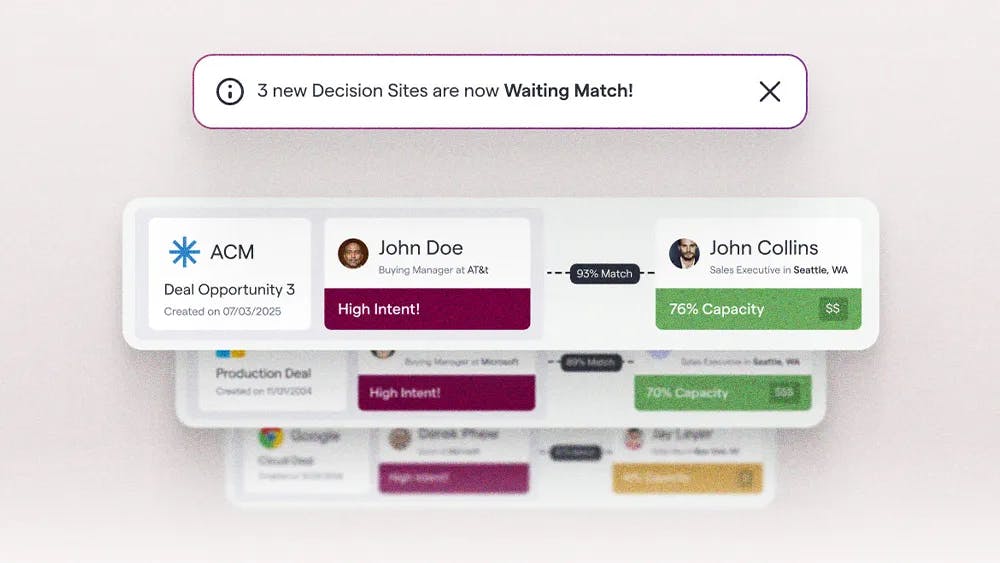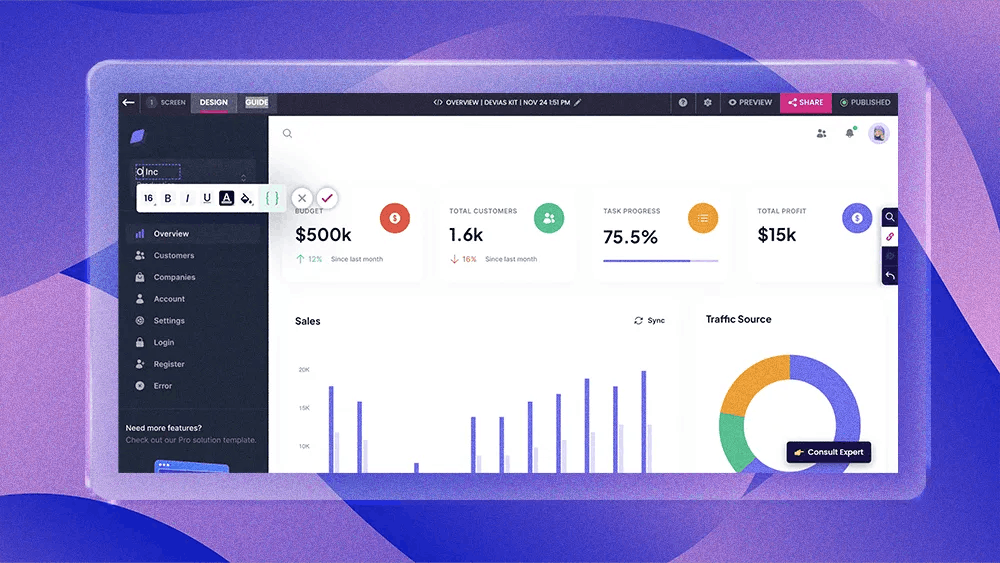Apple absolutely deserves to charge a fair commission for all of that value. But on the other hand, at some point, a 30% fee can really be prohibitive for a number of developers, particularly developers that haven't achieved a certain scale.
App developers have some tough decisions to make in the wake of the recent landmark US court ruling stemming from the Epic Games v. Apple case, which ushers in significant changes to the App Store landscape. Apple is now compelled to allow developers to direct users to external payment options, a shift that potentially offers better monetization opportunities, but also complex new responsibilities.
We spoke to Phil Carter, Founder and CEO of Elemental Growth, and a former product leader at companies like Quizlet and Faire, who specializes in advising consumer subscription startups. In the wake of the Epic Games v. Apple ruling, we asked his perspective on the evolution of the App Store ecosystem and what the recent shifts mean for developers.
Seeking balance: Carter says there's no question Apple provides extensive value to developers through the App Store—including global reach, payment, compliance, and customer service solutions—but the financial strain its fees impose can be restrictive for many.
"Apple absolutely deserves to charge a fair commission for all of that value. But on the other hand, at some point, a 30% fee can really be prohibitive for a number of developers, particularly developers that haven't achieved a certain scale," he says. "So I'm hopeful that where this is all leading is—and it may not happen immediately—but towards a new equilibrium where developers have the choice to take customers to a web-based checkout flow, and either rely on other providers, or take on more of the complexity themselves."
Guarded optimism: The developer community is reacting with a mix of hope and caution to these changes. "I do think there is some, I'll say, guarded optimism on one side that at this point there have been enough rulings imposing additional pressure on Apple to make sure that it's treating its developers fairly. But on the other hand, there's some skepticism among developers who say they've seen a version of this movie before," Carter notes. "And Apple typically finds ways to make sure that it recoups any revenue that might be lost from a ruling like this. I guess I come out somewhere in the middle, and we'll see how all of this plays out."
Developer impact: The financial burden of App Store fees is felt differently across the spectrum of developers, Carter explains. "For many developers or small startups, the absolute dollar impact of that 30% fee, or even the 15% fee (for apps generating lower revenue) might not seem like huge dollars on an absolute basis. However, it's a relatively significant percentage of their resources. It can have a big impact on their ability to grow cost-efficiently, and to reach the point where they can really begin to scale."
Following the ruling, Apple has updated its terms of service, and a number of companies have moved swiftly to adapt. For instance, Spotify has updated its paywall and checkout experience to include an external web-based checkout button. Similarly, third-party SaaS providers including RevenueCat have also implemented their own external web checkout buttons.
The combination of software development costs coming way down as a result of artificial intelligence, and then this ruling—if it holds—means that you're likely going to end up with apps targeted at smaller markets.
Navigating choices: Carter offers three key pieces of advice for developers considering their options. "Number one, make sure you are educated on the specifics of the ruling and what you can and cannot do, based off of the changes and Apple's guidelines and terms of service," he advises.
"Number two, make sure that if you are going to offer an external web-based checkout experience, you are aware of all of the additional responsibilities you need to take on in doing so. Have your eyes wide open about those responsibilities."
His third point is about the need to manage the customer experience and customer expectations. "Just because you're now permitted to provide an external web-based checkout button, doesn't necessarily mean that your customers are going to prefer that option. Or even if they do prefer it, it needs to be handled in a way that feels very smooth and seamless for the end customer," he says.
Measured adoption: Despite the new freedoms the ruling offers, Carter doesn't foresee an immediate mass exodus from Apple's payment system. "I don't necessarily think you'll see everybody rushing to the door to make changes immediately," he states. "There are a lot of developers out there who are very happy with Apple despite the 30% fee. The smart ones will make sure they're A/B testing the external web-based checkout flow versus the in-app flow and making data-driven decisions."
He also acknowledges Apple's contributions to the app ecosystem. "For all of its imperfections, I think Apple has done a tremendous job providing a safe, secure, and reliable app store ecosystem for its developers. There's a lot of value they offer that can be difficult for indie developers and small teams to replicate."
Future vision: Beyond the immediate tactical shifts, Carter sees potential for significant long-term benefits for the app economy. "There are medium to long term implications, especially on things like new categories or niches that may not have been previously viable," he says. "The combination of software development costs coming way down as a result of artificial intelligence, and then this ruling—if it holds—means that you're likely going to end up with apps targeted at smaller markets. Unit economics that might not previously have been viable, suddenly become viable. So you will have new consumer products on the market, which I think is good for everyone."





